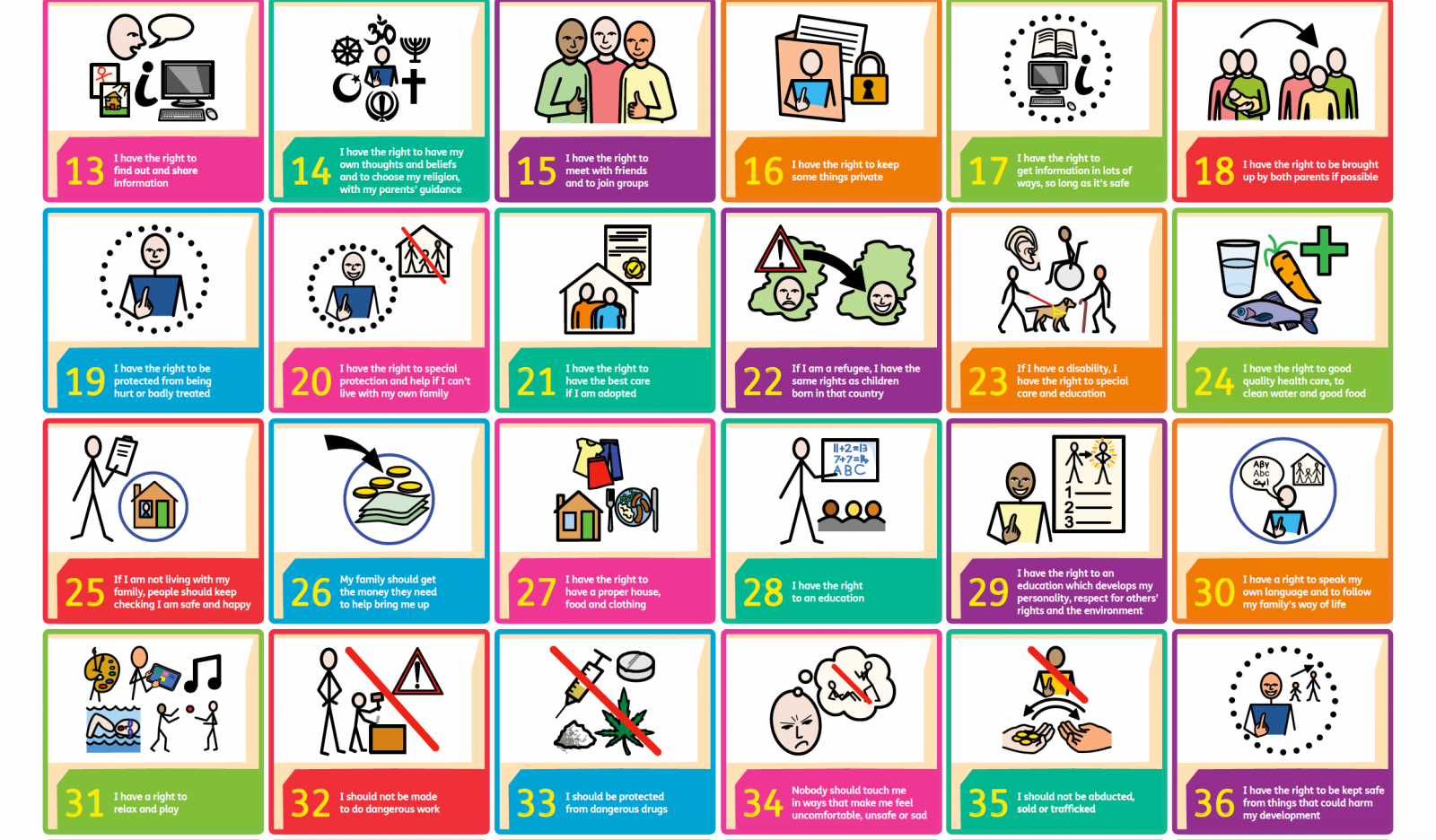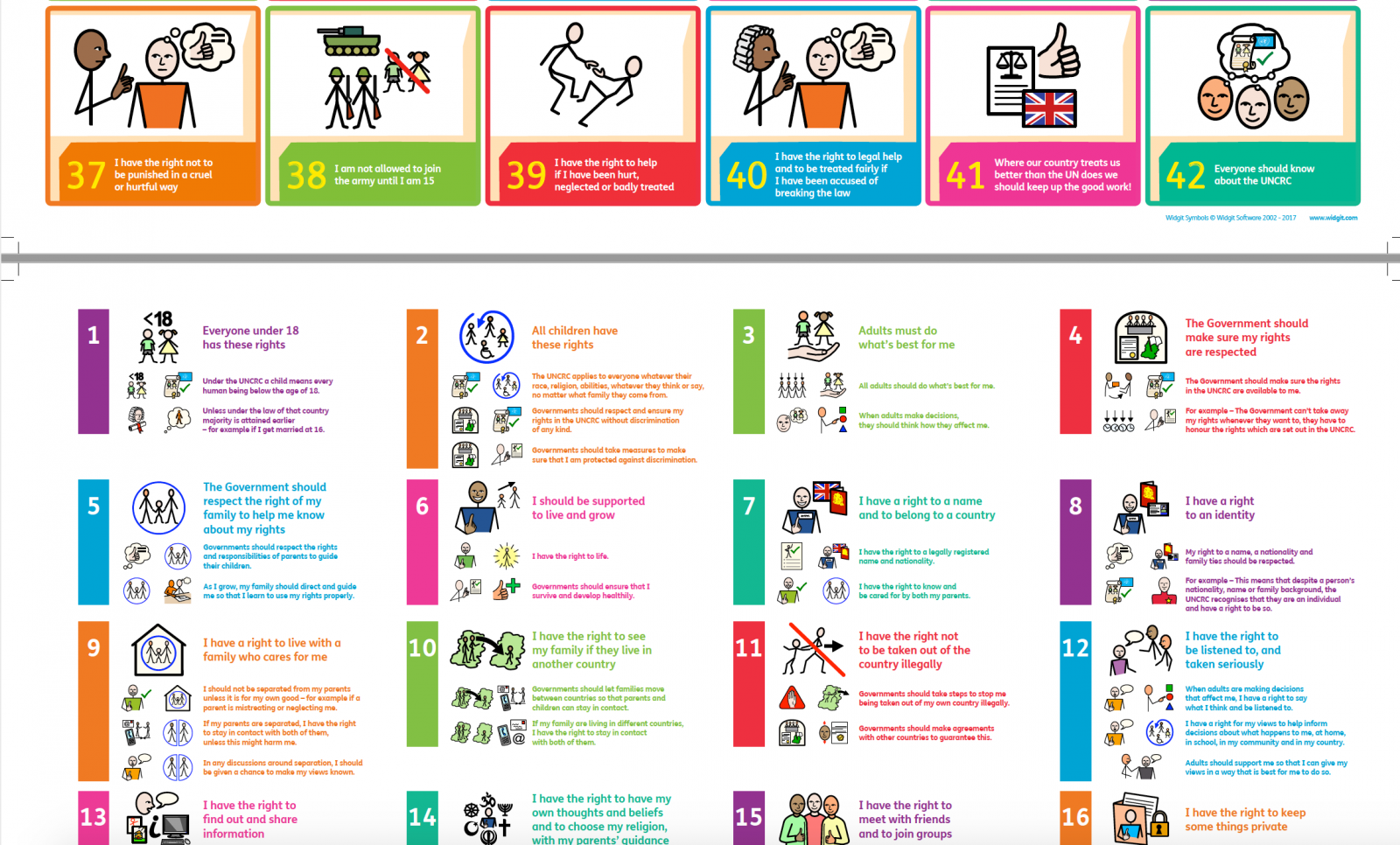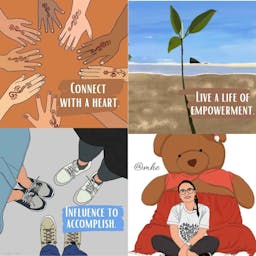The Rights of the Child
Nov 10, 2020
Story


What are Child Rights?
Child rights are human rights that also recognize the special needs for care and protection of minors — children and young people under the age of 18. All children have these rights, regardless of religion, race, ethnicity, gender or cultural background. No child should be treated unfairly on any basis.
All adults should do what is best for the children. When adults make decisions, they should think about how their decisions will affect children. The government has a responsibility to make sure rights are protected.
Who is a Child?
1. According to Philippine law (RA7610): refers to a person below eighteen (18) years of age
2. Those over 18 but is incapable of taking care of themselves fully or protect themselves from abuse, neglect, cruelty, exploitation or discrimination because of a physical or mental disability or condition.
Who is Responsible?
Children’s rights laid down in the Convention on the Rights of the Child have to be provided by adults or the state.
Governments have the main responsibility to make sure the rights of children are protected and provided for. All citizens have responsibilities to respect the rights of children as well. It also identifies parents as the primary caregiver of the child while governments are charged with assisting families in fulfilling their role.
However, the Convention also refers to the responsibilities of children, in particular, to respect the rights of others, especially their parents (Article 29).
What are the Four Cluster of Rights?
1. Survival rights - you have a right to life, good food, water, and to grow up healthy
- Right to life
- Right to health
- Right to social security
- Right to adequate standard of living
- Right to parental care and support
2. Developmental Rights - you have a right to an education and time to relax and play
- Right to education
- Right to information
- Right to rest and leisure
- Right to enjoy one’s culture and religion
- Right of the disabled child to special care
3. Protection Rights - you have a right to be treated well and not be hurt by anyone
- Right to name, nationality and identity
- Right to privacy
- Right to be protected from abuse & neglect
- Right to be protected from commercial & sexual exploitation
- Right to be safe in emergency or especially difficult circumstances
- Right to legal assistance & appropriate judicial processes
4. Participation Rights - you have a right to say how you feel, be listened to, and taken seriously
- Right to opinion
- Right to freedom of expression
- Right to freedom in association
- Right to freedom of thought, conscience and religion
Every child has their Responsibilities too, in relation to every right they must enjoy. Children’s Responsibilities:
- To do what is right , to be honest and respectful
- To take care of toys and belongingness and to keep them orderly
- Share my learning with other children and use my talents and skills to help others
- Help my family in doing household chores
- Know my rights and learn skills to protect myself
- To be a law-abiding citizen
- To maintain peace and order in my community
- To speak and act responsibly
- To love our country and be a responsible citizen
- To love family and respect parents
- To study well; to come to class on time ; and to do assignments
- To use talents and potentials in good things
- Contribute in keeping my community clean, orderly and peaceful
- Eat healthy food, help keep household and surroundings clean and do activities that will keep me healthy and strong.
The United Nations Convention on the Rights of the Child states that all children have the Right to Protection or keeping them safe from harm.
- These rights include protection from all forms of child abuse, neglect, exploitation and cruelty, including the right to special protection in times of war and protection from abuse in the criminal justice system.
- Child rights-based approach to protection from violence means understanding children as rights-bearing individuals & SURVIVORS, not just ‘victims’
- Governments have a responsibility to take all available measures to make sure children’s rights are respected, protected and fulfilled.
In fulfilling children’s right to Protection, all measures must be taken to ensure violence against every child is prevented and responded. Child protection starts with the children themselves. Children can be great resource in their own protection. They must be continually equipped on how they can strengthen their skills to prevent and respond to possible threats or risks.
Children need to be aware that they have the right to be protected from all forms of abuse and exploitation, in all forms including online and cyber pornography - at home, in school and in the community. They should be aware of their rights and be equipped with life skills to detect potential harm, be informed of what to do, where to go and how to access available support.
Children are the Future – it takes a world to end violence against children, https://youtu.be/LrKg1Ep2rBM
Violence is the world's worst crime against children. It affects around 1.7 billion children every year, in every country, city and community. But it doesn’t need to be this way. There are proven solutions and we believe, with your help, that a world without violence against children is possible. Join the movement at https://www.wvi.org/ittakesaworld
Sources:
https://www.worldvision.org.ph/campaigns/child-rights-history-facts-how-to-protect-them/
https://www.cypcs.org.uk/ufiles/Symbols-Poster.pdf
https://www.ohchr.org/EN/ProfessionalInterest/Pages/CRC.aspx




